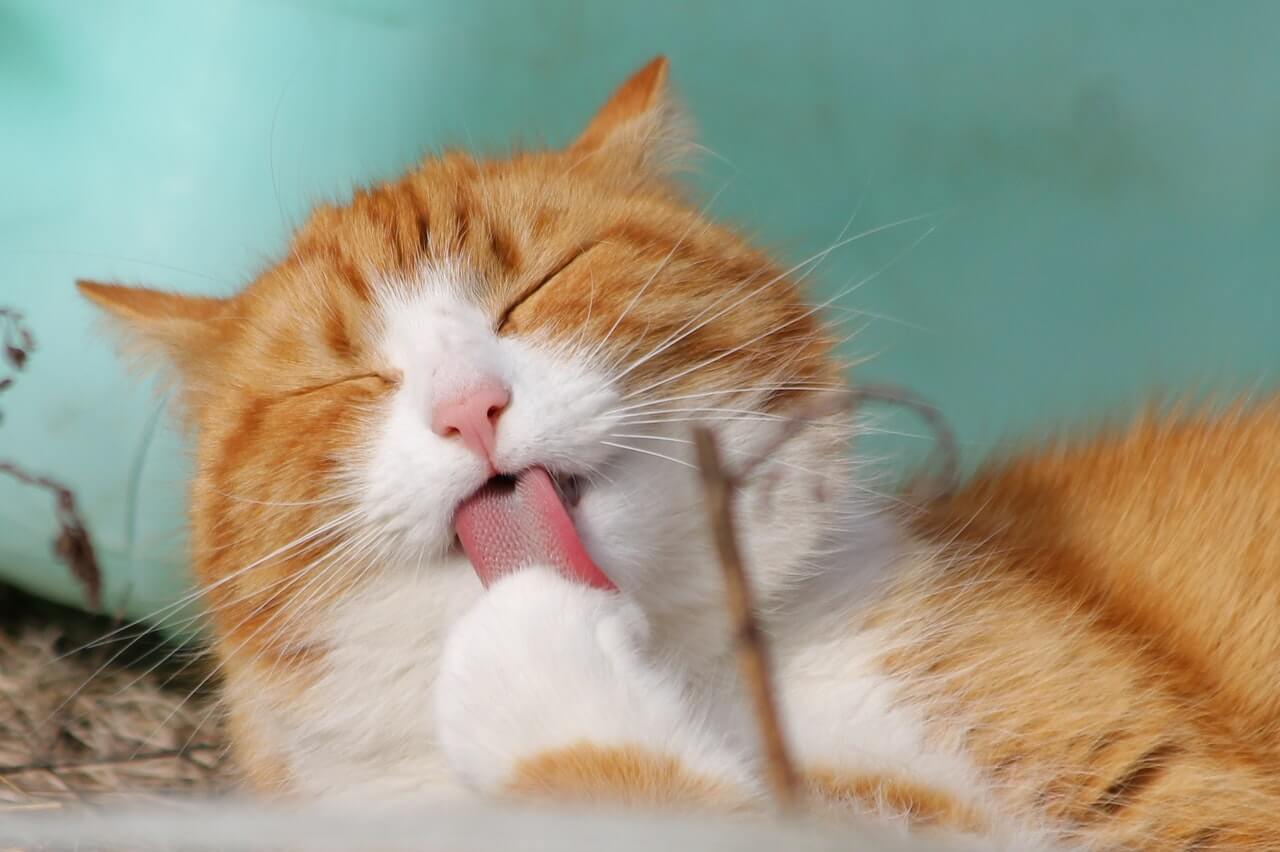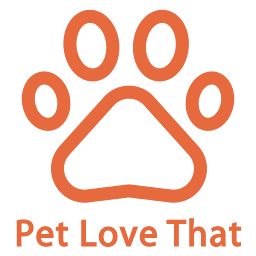
You may have read stories about the many amazing things having a pet cat can do to people and families. Probably, you’ve decided to get one for your family. But you are confused as to which pet to choose. Who is cleaner; a cat or dog?
You may be a pet lover, but the last thing you want is a sweet smelling house. You also happen to be a busy working individual who doesn’t have a lot of time to spend grooming your pet or cleaning up a mess created by it.
If keeping your house clean while having a pet is one of your priorities, then knowing whether a cat or a dog is cleaner is very important. This article can help you with that.
Table of Contents
Cats Vs. Dogs Cleanliness
1. Grooming
Cats – Felines are meticulous groomers who spend about half of their waking time grooming themselves. They use their teeth in digging out dirt and have pointed tongues for washing and cleaning through their hair. They also use saliva to moisten their front paws and clean areas they find hard to reach.
Dogs – Canines can clean only their feet and private parts. So regular bathing and brushing are essential things.
2. Odors
Cats – Unless caused by some underlying factors, cats seldom have smells. Inability to groom themselves created by a medical condition, advanced age, or obesity may cause urine and feces to accumulate and dry up around their private body parts. It can cause an unpleasant odor. Indoors, cat litter boxes need regular replacement to avoid producing what we call “cat -odor.”
Dogs – Since they’re not able to clean themselves, the dead skin which clings to a dog’s fur produces odor. In addition to this, a dog’s coat also provides an oil through their paws and hair follicles. This oil and the glands inside their ears combine to produce a particular scent which we call “doggy odor’.
3. Toilet Habits
Cats – Whether indoors or outdoors, cats prefer privacy when going about their “business.” They also use cat litter or sand to cover it afterward.
Dogs – Occasionally careful as to where they go potty, but generally prefers grass and outdoors. Just make sure to have an eye on them when they do. They might do their thing on someone else’s backyard. In which case, it’ll be your job to clean up.
4. Shedding Hair
Although some breeds of dogs and cats shed hair less often than others, this is still one major contributor to dirt in the home. Furthermore, the well-known hypoallergenic breed of cat or dog can still lose temper, which can cause pet allergies.
5. Oral Health
Nonetheless, dental care or oral health is essential for both dogs and cats. However, even if you keep their teeth clean, their mouth still harbors bacteria which is dangerous to humans when bitten. For this reason, it’s always best to ensure that your pets are correctly and adequately vaccinated.
Meticulous by Nature
Have you ever tried to observe how a cat cleans their faces? If you did then you may have noticed the conventional manner, they have of licking themselves. They follow a specific pattern of applying saliva to one paw, then rubbing her nose back and forth in a circular motion.
From the nose to the ears, to the forehead and over the eye, and repeats this process using the other paw. After the head, they start licking the rest of the body with long strokes of their tongue.
But have you ever wondered why cats are such epitomes of cleanliness? Where did this behavior come from?
Right after birth, kittens are cleaned by their mothers by licking them. It also helps stimulate the release of feces and urine. Besides, this process rouses them to suckle milk, which provides additional comfort.
At about four weeks old, kittens begin to groom themselves, and at five weeks, they start grooming their littermates and their mom. It is called allogrooming, which means grooming among littermates. It is a fundamentally social activity amongst cats, which helps strengthen their bond.
What Is Problematic Grooming?
Grooming has a lot of hygienic benefits. Apart from this, it also has numerous psychological benefits. A cat sometimes grooms to release conflict, anxiety, or frustrations temporarily. Under these conditions, licking somewhat becomes a form of “displacement behavior.” It happens when an animal tries to do two separate things simultaneously. When struggling to do so, a third behavior comes up which is entirely unrelated to the situation.
An example will be a cat threatened by external force, and she gets confused about whether to run or fight back. In some instances, a cat will decide to groom itself! It somehow calms the cat and provides reassurance.
On the other hand, overgrooming can be indicative of feline stress. It can be in the form of excessive licking, nibbling, biting, chewing or sucking own coat or skin without underlying medical cause.
Everyday feline stressors may include fear, isolation, a new pet in the household, separation anxiety, moving to a new home, and early weaning. Over-grooming becomes a significant cause for concern when it starts to cause self-inflicted injuries such as removal of complete tuffs of fur, alopecia or hair thinning, or skin infections.
Sometimes, over grooming begins with mild skin irritation, and escalates to become a behavioral problem even when the skin issue has already cleared.
As pet owners, we often need to be observant of our cat’s habits and behavior. Even good things such as grooming can go wrong when coupled with stressful situations.
When you observe anything remarkably wrong with the way your pet is grooming itself, it is preferable to have it checked by a vet. That is the only way to know what is causing such behavior, and how to manage it.
Conclusion
A lot of pet owners share the opinion that cats are cleaner than dogs because they are capable of self-grooming. It is one factor why cats are the most popular pet nowadays. Because in a busy, fast-paced world, most pet owners don’t have a lot of time to focus on keeping their pets clean and odor free.
It, of course, does not change the fact that self-groomers or not, both dogs and cats need our time, love and attention to thrive and live a happy and healthy life.
You May Also Interested In:
- Are Cats Good Pets?
- Are Cats Better Than Dogs?
- Can Cats Eat Dog Food?
- 5 Things About Can Cats Eat Cilantro
- 10 Best Cat Litter Boxes Reviews and Buyer Guide 2019
- Can Cat Drink Coconut Water?
- Tips To Measure How Cold Is Too Cold For Cats
- Why Do Cats Vomit?
Share this:
- Click to share on Twitter (Opens in new window)
- Click to share on Facebook (Opens in new window)
- Click to share on Tumblr (Opens in new window)
- Click to share on Pinterest (Opens in new window)
- Click to share on Reddit (Opens in new window)
- Click to share on Telegram (Opens in new window)
- Click to share on WhatsApp (Opens in new window)
- Click to print (Opens in new window)
